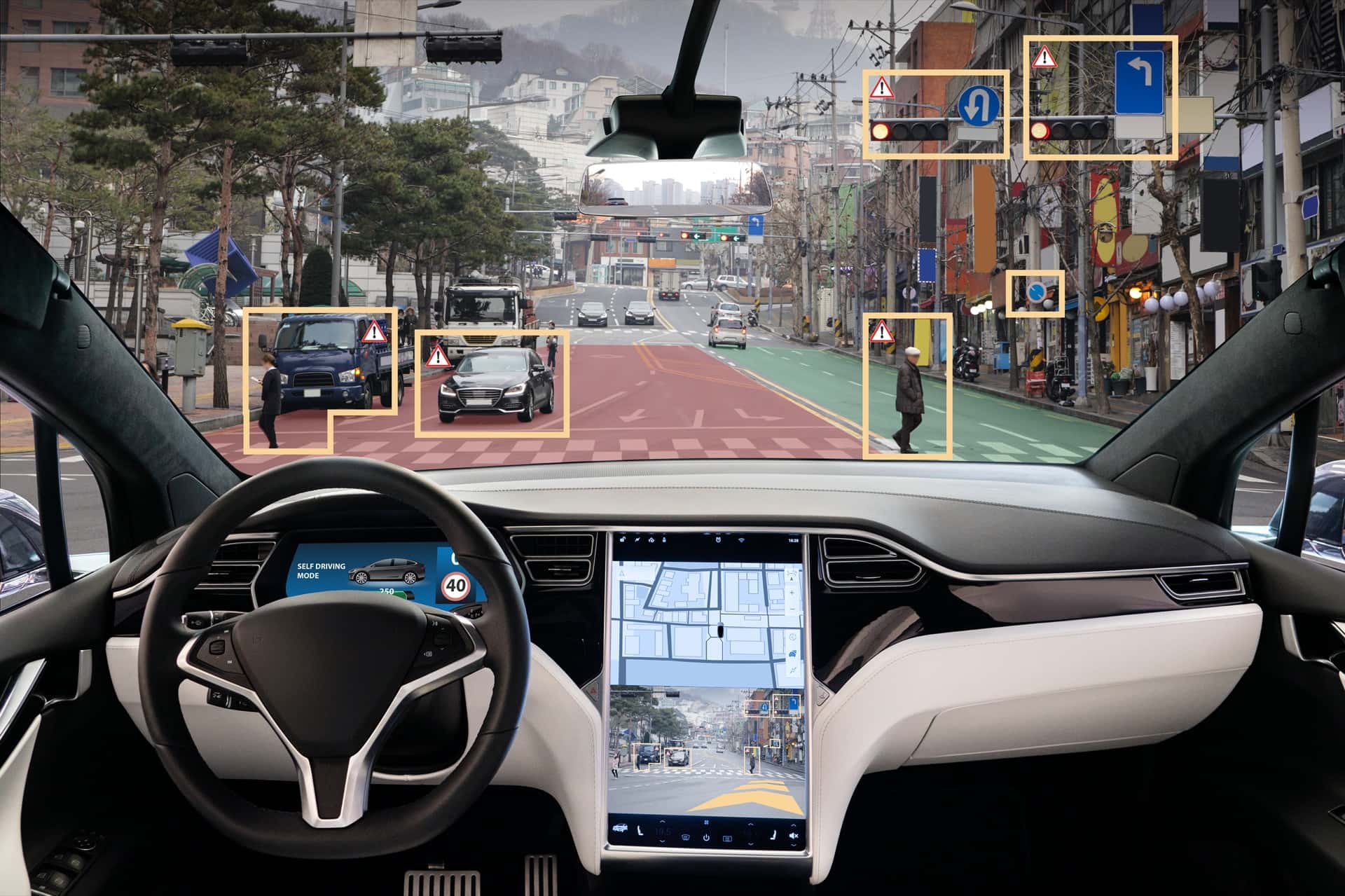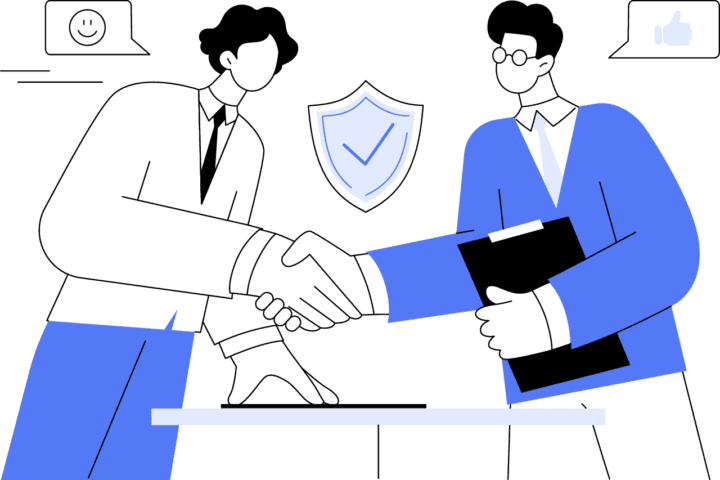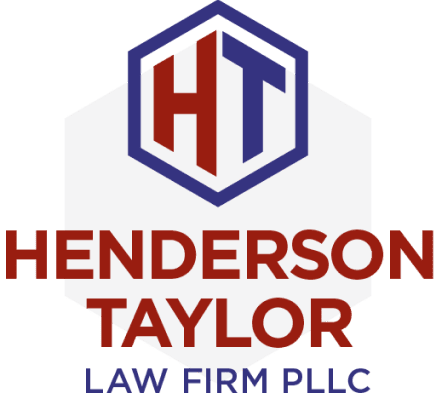Autonomous vehicles, commonly referred to as “self-driving cars,” are becoming more of a reality, as advances in technology and design are about to make these vehicles more prevalent and accessible to the public. While autonomous vehicles offer exciting possibilities, federal and state laws are not yet equipped to address the unique issues and disputes that may arise. For instance, if you are injured in an auto accident involving a self-driving vehicle, who is at fault? The driver? The manufacturer? The software company? These legal issues can quickly become complex, so it’s worth taking some time to explore what steps have been taken thus far to determine how personal injury liability claims involving autonomous vehicles will be handled in the near future.
Federal and State Actions Regarding Autonomous Vehicles
Although the U.S. Department of Transportation (USDOT) has issued a series of voluntary guidelines regarding autonomous vehicles, the particulars have been left up to the states to determine for themselves. Each state may define a self-driving vehicle according to their own terms, and they can determine the legal definition of an operator of a vehicle as well. So far, 29 states have taken steps to enact legislation that involves autonomous vehicles. While these states are all in different phases of their processes, most are defining an operator as the entity that starts the vehicle with the intention to drive. Although fully autonomous vehicles have yet to hit the market, they are just around the corner and states are gearing up to ensure that their laws are prepared to address these unique challenges.
Determining Liability in Autonomous Vehicle Accidents
Perhaps the most pressing question is how fault will be assigned in the event of a collision involving one or more autonomous vehicles. For instance, if a software defect is found to have contributed to the accident, could the software manufacturer be held liable? Case law is not prepared to address this issue directly; instead, legislation may decide that product liability claims cannot be applied to software defects, as software is not a physical product. Additionally, the manufacturer could lay the blame on the vehicle’s owner, who failed to keep current with critical software updates. What’s also clear is that data will become crucial in determining fault. Insurance companies can analyze all the available data from the time of the incident to determine what actions the person took (or didn’t take), as well as what failures (if any) occurred on the part of the autonomous vehicle.
Washington State Legislation Regarding Autonomous Vehicles
In 2018, the Washington State Legislature passed a law that established a Work Group to gather information and craft policy recommendations. This AV Work Group has collaborated with agencies and organizations throughout the state to explore the various ways in which autonomous vehicles will impact and shape future legislation. As a driver in Washington state, you may have personal injury protection (PIP) insurance, and it’s unlikely that insurance coverage requirements will change much in the context of autonomous vehicles. Fault will still be determined using the state’s current definition of negligence.
If you need help collecting compensation following an auto accident in Vancouver, Battle Ground, or Camas, contact the knowledgeable and trusted personal injury attorneys at Henderson Taylor Law Firm by calling (360) 737-1478 today.





